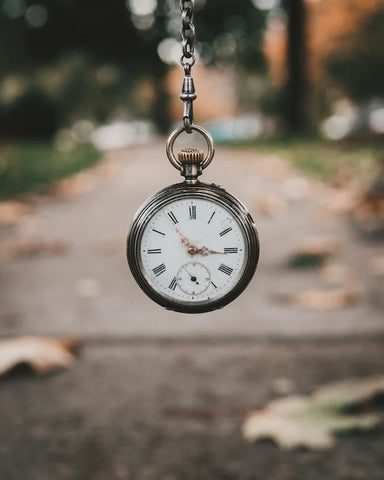
As the seasons shift and the days grow shorter, the arrival of daylight saving time marks a significant change in our daily routines. Adjusting to the time change can impact our sleep patterns, leaving many of us feeling groggy and disoriented. However, there’s a natural remedy that might help ease this transition – cannabidiol (CBD). In this article, we’ll delve into the science behind CBD’s interaction with sleep cycles and provide tips on how to use CBD to navigate the challenges of daylight saving time.
The Sleep-Wake Cycle and Daylight Saving Time
Daylight saving time occurs when we adjust our clocks forward in the spring and backward in the fall. This shift can disrupt our internal body clock, also known as the circadian rhythm. The circadian rhythm regulates our sleep-wake cycle, hormone production, and various physiological processes. The fall time change, when we gain an hour, might seem easier to adapt to, but it can still affect our sleep patterns.
CBD’s Role in Sleep Regulation
CBD, a compound derived from the hemp plant, interacts with the endocannabinoid system (ECS), a complex network of receptors that helps regulate various bodily functions, including sleep. Research suggests that CBD might influence sleep by interacting with receptors involved in the sleep-wake cycle.
Research Insights on CBD and Sleep
1. A study published in the Journal of Clinical Psychology (2019) investigated CBD’s impact on sleep and anxiety. The researchers found that CBD might improve sleep scores and reduce anxiety levels in participants, suggesting its potential as a sleep aid.
2. In a review published in Current Psychiatry Reports (2019), researchers explored CBD’s effects on sleep and insomnia. They highlighted CBD’s potential to address insomnia-related symptoms and improve sleep quality, especially when anxiety plays a role.
3. The Frontiers in Pharmacology journal (2017) featured a study that examined CBD’s effects on sleep and wake patterns. The researchers noted that CBD might promote wakefulness during the day and improve sleep duration and quality at night.
Using CBD to Adjust to Daylight Saving Time
1. Gradual Adjustment: In the days leading up to the time change, consider taking a CBD oil or tincture in the evening to promote relaxation and improve sleep quality. Gradually shifting your sleep routine can make the transition smoother.
2. Morning Sun Exposure: After the time change, expose yourself to natural sunlight in the morning. This helps reset your circadian rhythm and signal to your body that it’s time to be awake.
3. Evening Relaxation: In the evening, try a CBD-infused herbal tea or capsule to unwind and prepare your body for restful sleep.
As we prepare to “fall back” during daylight saving time, the potential sleep-supporting benefits of CBD offer a natural approach to adapting to the time change. By understanding how CBD interacts with sleep cycles and implementing tips for a smoother transition, you can ensure that your sleep quality remains optimal, even as the days grow shorter. As always, consult with a healthcare professional before incorporating CBD into your routine, especially if you have underlying health conditions.
References:
1. Shannon, S., et al. (2019). Cannabidiol in Anxiety and Sleep: A Large Case Series. The Permanente Journal, 23, 18-041.
2. Babson, K. A., Sottile, J., & Morabito, D. (2017). Cannabis, Cannabinoids, and Sleep: a Review of the Literature. Current Neuropharmacology, 15(2), 146-161.
3. Linares, I. M., et al. (2019). Cannabidiol Presents an Inverted U-Shaped Dose-Response Curve in a Simulated Public Speaking Test. Revista Brasileira de Psiquiatria, 41(1), 9-14.